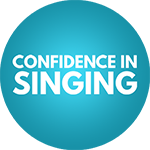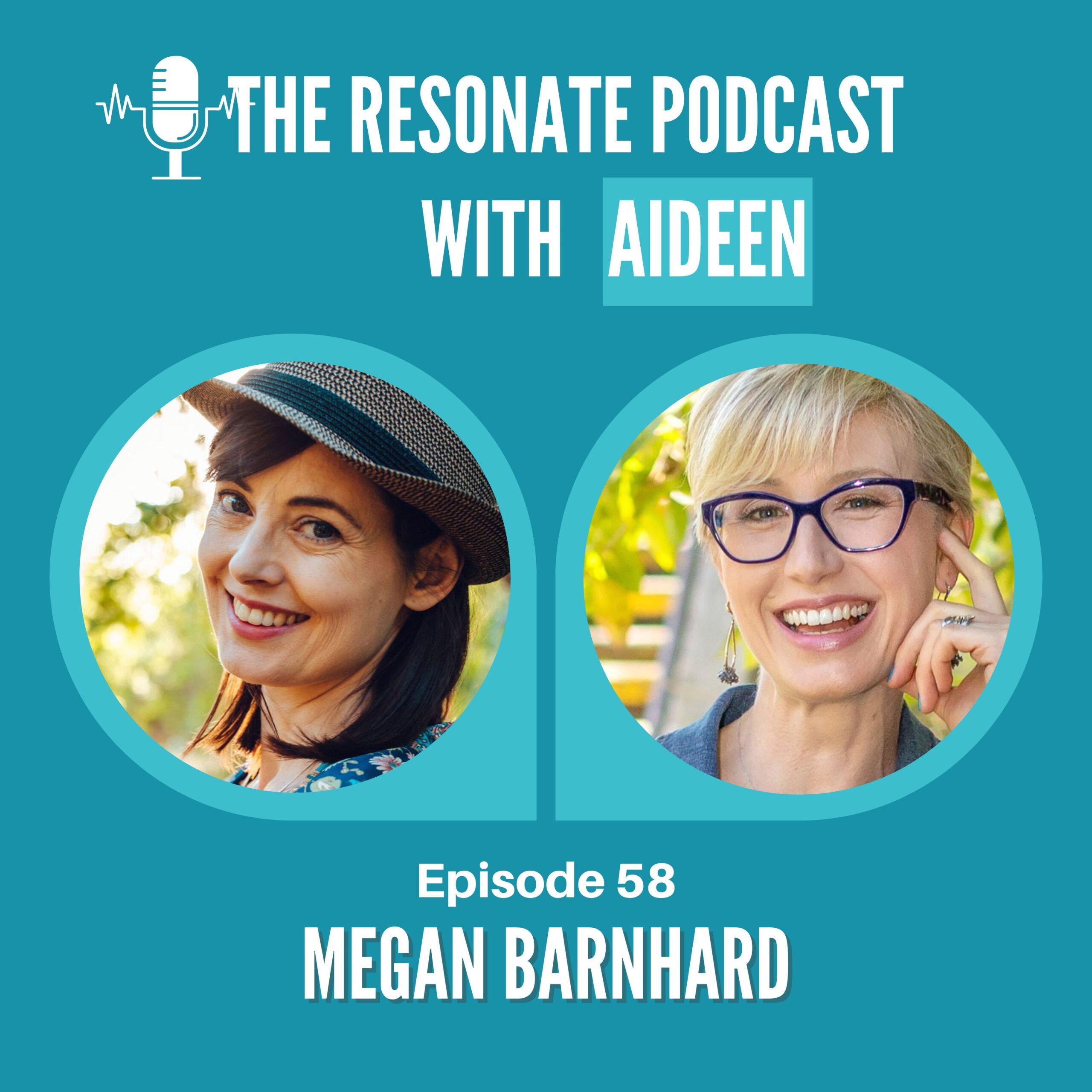What if writing could be a tool for profound personal growth and societal transformation? Join us on the Resonate podcast as we host Megan Barnhard, a writing coach for bold thinkers and intuitive channel. Megan recounts her journey from wrestling with the writing process to mastering it, and how she now empowers others to do the same.
We explore how writing helps us understand ourselves and the world around us, emphasizing that breaking the writing process into manageable steps can lead to deeper self-inquiry and meaningful change.
Our conversation touches on the balance between the analytical and creative minds, highlighting how creativity thrives when it’s allowed to be playful and unstructured. We also discuss techniques like the Alexander Method and the Pomodoro Technique to demonstrate how mindfulness can enhance productivity and creativity.
Megan shares insights on how listening to our bodies can enhance our emotional and physical awareness, transforming how we relate to ourselves and others. Tune in for a rich conversation filled with wisdom and practical tips to elevate your writing journey.
Connect with Megan:
Instagram: @writewithmegan
Facebook: @megan.barnhard.writer
LinkedIn Profile: @meganbarnhard
Website: www.meganbarnhard.com

